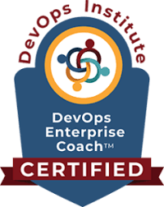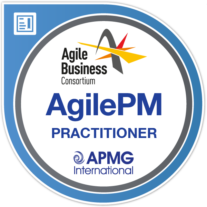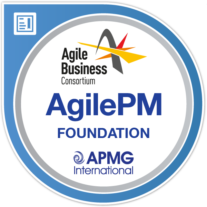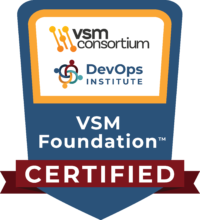DevOps Certification Training – Self Paced
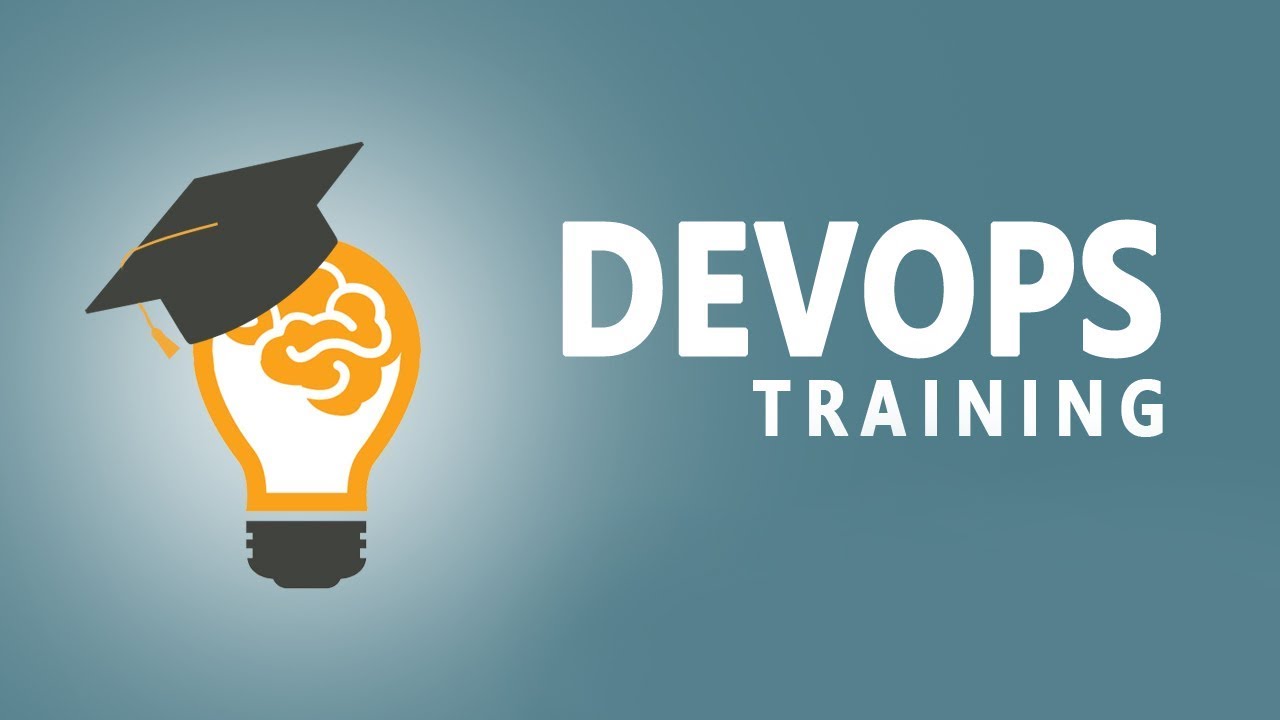
DevOps training and certification course at a glance.
Our DevOps program is popular among IT professionals in making them proficient and deploying the DevOps fundamentals and tools in a software organization. Here you will learn the techniques to successfully integrate the IT development and operations department. Our DevOps instructor program would help you to configure how to collaborate communicate and automated key process and systems to create synergies for creating better and reliable software solutions.
Attainments with DevOps online training program!
- Introduction of DevOps particulars & needs.
- Installation & configuration of several common infrastructure servers.
- Monitoring the DevOps completion metrics & success features.
- Deployment of software version control and build management.
- Automated backups and data storage practices.
- Kubernetes for the management of containerized applications.
- Deployment of DevOps key tools – Puppet Nagios, Chef, Ansible.
- Study of an automated system update and DevOps lifecycle.
- Optimization of communication, feedback loops & workflow.
- Deploying infrastructure as a code for server management.
- Understanding virtualization, and performance fine-tuning.
- Setting up the right security for the entire infrastructure.
Why choose DevOps online program?
- IT Developers & IT Operations personnel.
- Software automation, testing and security professionals.
- DevOps consultants and stakeholders.
Any prerequisites for this program?
Anybody can take opt for this online training program with required skills and basic knowledge of coding would be a plus point.
Why you should opt for DevOps online certification program?
Taking the DevOps program will help you to master all the relevant skills needed to successfully build, operate, monitor, improve and measure the several particulars in IT organizations by letter integrating development and operation. For a long time, the development team of any software firm has stayed in arm’s length. But since DevOps have launched there were many changes that happened in the forward thinking of software firms. Due to this cultural shift, you would easily grab a position in top MNC’s after completing this online training.
Find DevOps Training in other cities
Bangalore, Melbourne, Chicago, Hyderabad, San Francisco, London, New York, Toronto, India, Chennai, Delhi, Gurgaon, Kolkata, Mumbai, Pune, Singapore
Why Should You Learn DevOps From Edustanza?
Edustanza offers the most in-depth and comprehensive DevOps training that is in line with the industry requirements. In this training, you will learn about the DevOps framework to help the IT development and IT operations of leading software enterprises to successfully integrated, communicate, collaborate and automate processes. You will master the skills needed to create a DevOps roadmap, monitor key performance indicators and measure the critical success factors. Upon successful completion of the training, you will be awarded the EdustanzaDevOps Foundation Certification.
Can I Request For A Support Session If I Find Difficulty In Grasping Topics?
If you have any queries you can contact our 24/7 dedicated support to raise a ticket. We provide you email support and solution to your queries. If the query is not resolved by email we can arrange for a one-on-one session with our trainers. The best part is that you can contact Edustanza even after completion of training to get support and assistance. There is also no limit on the number of queries you can raise when it comes to doubt clearance and query resolution.
Can You Explain To Me About The Self-Paced Training And Its Various Benefits?
The Edustanza self-paced training is for people who want to learn at their own leisurely pace. As part of this program, we provide you with one-on-one sessions, doubt clearance over email, 24/7 Live Support, lifetime LMS and upgrade to the latest version at no extra cost. The prices of self-paced training can be 75% lesser than online training. While studying should you face any unexpected challenges then we shall arrange a Virtual LIVE session with the trainer.
What Kind Of Projects Will I Be Working On As Part Of The Training?
We provide you with the opportunity to work on real-world projects wherein you can apply your knowledge and skills that you acquired through our training. We have multiple projects that thoroughly test your skills and knowledge of various aspect and components making you perfectly industry-ready. These projects could be an exciting and challenging field like banking, insurance, retail, social networking, e-commerce, marketing, sales, high technology and so on. The Edustanza projects are equivalent to six months of relevant experience in the corporate world.
Do You Provide Placement Assistance?
How Are Your Verified Certificates Awarded?
DevOps Certification
This course is designed for DevOps certification exam. The program has a major course content designed by professionals to get top jobs in MNC’s. The main features of this program are the real-time projects and assignments that immense implications in the industry. Thus, helping you in your career effortlessly. The training program would help you to score maximum marks in the certification with the inbuilt quizzes that are majorly common to several certification exams. The Certification will be awarded on the completion of Project work (on expert review) and upon scoring of at least 60% marks in the quiz. Edustanza certification is well recognized in top 80+ MNCs like Ericsson, Cisco, Cognizant, Sony, Mu Sigma, Saint-Gobain, Standard Chartered, TCS, Genpact, Hexaware, etc.
Other than that we will also prepare you for certification from International Devops Certification Academy. However, in this case, the certificate cost needs to bear by the student.
Approved By – 
Certificate Name –
Certification Sample-
Course Content
Introduction to DevOps
Introduction to Cloud Computing
- Use case: Highly available fault tolerant systems Copy
- Understanding availability zone Copy
- region Copy
- Creating your own account in AWS Copy
- Creating a VPC Copy
- subnet Copy
- network gets way Copy
- Running your own EC2 instance Copy
- Connecting in EC2 and installing https in Ec2 Copy
- S3 Copy
- Over viewS3 Copy
- • Cloud watch Copy
What is Virtualization?
Vagrant
GIT: Version Control
- Introduction Copy
- Version control systems Copy
- Local, Centralized and distributed Copy
- Installing Git Copy
- Installing on Linux Copy
- Installing on Windows Copy
- Initial setup Copy
- Git Essentials Copy
- Creating repository Copy
- Cloning, check-in and committing Copy
- Fetch pull and remote Copy
- Branching Copy
Puppet & Ansible
- Configuring Puppet Master and Agent Copy
- Connecting Agents Copy
- Puppet Master Copy
- Puppet configuration tree Copy
- Puppet configuration files Copy
- Modules Copy
- Playbooks Copy
- Global Configuration Copy
- Roles Copy
- Tags Copy
- How to write playbooks Copy
- PYYAML overview Copy
- How to write playbooks Copy
- Ansible modules Copy
- Ansible Roles Copy
- Ansible Galaxy Copy
- How to download playbooks from Galaxy Copy
- Real-time playbooks Copy
NAGIOS: Monitoring
Introduction and Installation
Basic configuration
Plugins and commands
Using Nagios GUI
NRPE Monitoring
Jenkins -Continues Integration
- Understanding continuous integration Copy
- Introduction about Jenkins Copy
- Build Cycle Copy
- Jenkins Architecture Copy
- Installation Copy
- Obtaining and installing Jenkins Copy
- Installing and configuring GIT Copy
- Java installation and configuration Copy
- Maven Installation Copy
- Exploring Jenkins Dashboard Copy
- Creating Jobs Copy
- Running the Jobs Copy
- Adding and updating Plugins Copy
- Disabling and deleting jobs Copy
- Build Deployments Copy
- Understanding Deployment Copy
- Tomcat installation and configuration Copy
- Deployment Plugins Copy
- Deploying a war file from Jenkins to Tomcat Copy
- Securing Jenkins Copy
- How to integrate Jenkins with Ant Copy
- How to integrate Jenkins with Maven Copy
- Authentication Copy
- Jenkins Plugin Copy
- Authorization Copy
- Confidentiality Copy
- Creating users Copy
- Best Practices for Jenkins Copy
- Jenkins Parameterized build Copy
- Environment inject plugin Copy
- Use of Jenkins environment variables Copy
- Deploying a specific revision Copy
- Customizing the Jenkins UI Copy
- Project-based Matrix plugin Copy
- Parallel Execution Copy
- Real-time implementation of Automated role back Copy
- Multi-branch Deployment Copy
Docker -Containers
- Understanding Installation of Docker on Windows Copy
- Some Docker commands Copy
- Provisioning Copy
- Docker Hub Copy
- Downloading Docker images Copy
- Running Docker images Copy
- Running commands in container Copy
- Running multiple containers Copy
- Custom images Copy
- Creating a custom image Copy
- Running a container from the custom image Copy
- Publishing the custom image Copy
- Docker Networking Copy
- Accessing containers Copy
- Linking containers Copy
- Exposing container ports Copy
- Container Routing Copy


